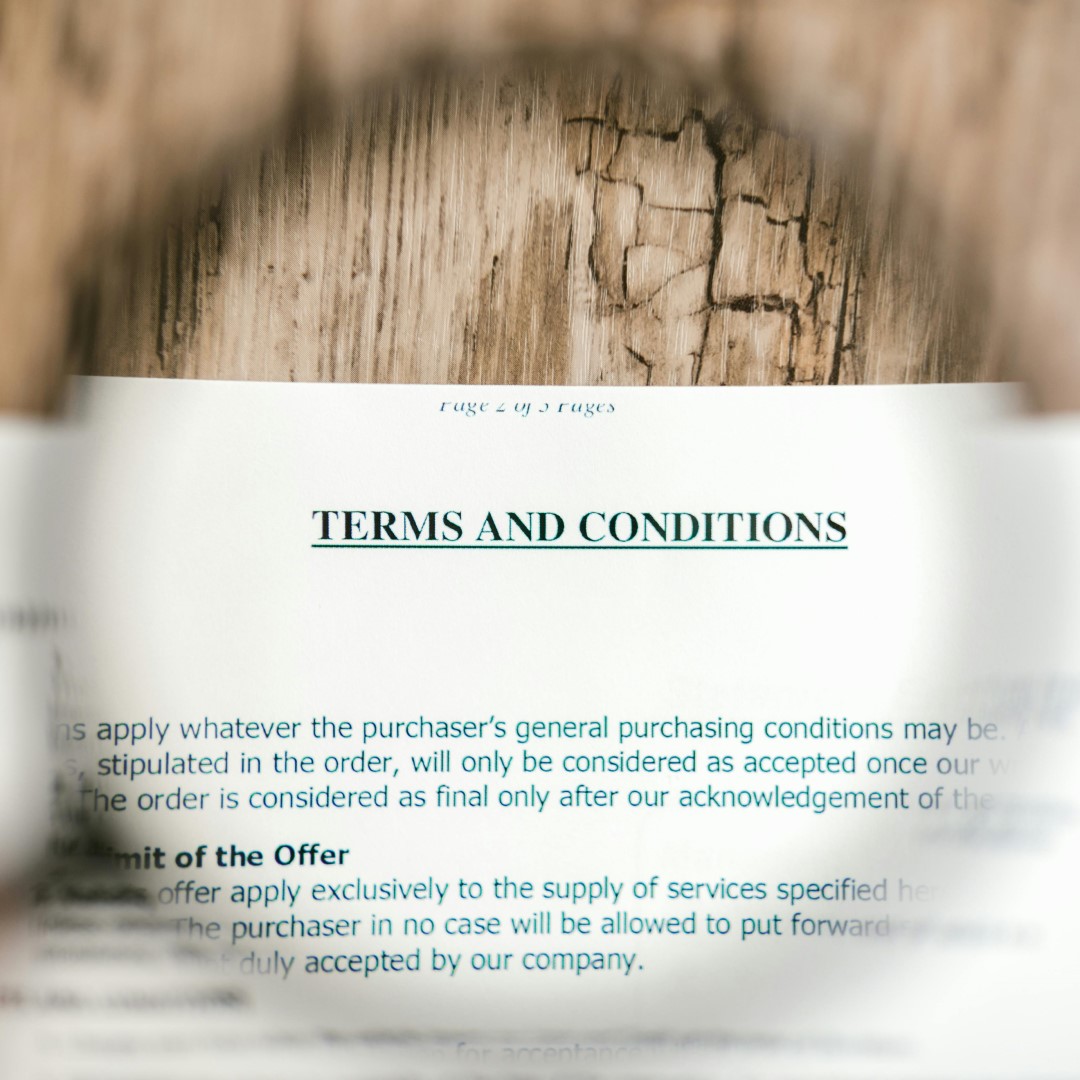Feb 22 2024
Are you sure you’re insured?
Given recent hefty hikes in premiums, you could be forgiven for thinking home and contents insurance has become a luxury item. Yet, it’s cover most of us can’t do without. If unexpected events cause significant damage to a house or belongings, few of us could afford to pay for repairs or replacement from our own pockets.
That’s why it’s also crucial to consider the factors that can risk invalidating your home and contents insurance. Forgetting to pay your premiums is a fairly obvious one, but there are others that might surprise you…and not in a good way!

1. Withholding or forgetting to provide relevant information:
It’s important to provide thorough and accurate details to your insurer about your property, its contents, and any other relevant information. And if anything changes, such as you or a family member are convicted of a crime, or you change where your valuables or belongings are usually stored, make sure you let your insurer know as soon as possible. Even something as seemingly inconsequential as a new dog flap is worth mentioning in case it’s deemed to make your door less secure.
2. Being too relaxed:
While having adequate insurance cover should provide some peace of mind, you’re still responsible for taking care of your things, including keeping your house in good nick and taking practical steps to prevent loss. Ignoring a leaky roof or faulty wiring could impact your policy, as could leaving windows open and doors unlocked when you’re out. If a burglar can enter your property without force, your policy could be at risk.
Further, if you fail to report a break-in to the police within 24hrs, this might impact your policy. So, make sure you report any incidents as soon as possible after being made aware of them. On the other hand, if you’ve suffered a damaging event like a flood, get in touch with your insurance provider before you start cleaning up and throwing out ruined goods. Insurers might want to see evidence to calculate the value of your claim. If in doubt, call ahead.
3. Or too reckless:
While it is your home, there are limits to the types of activities you can do it in without raising eyebrows at your insurer and putting your policy at risk. Practising fire juggling in your living room is certainly out, for example, as well as anything that constitutes a crime.
4. Renting a room:
Whether you’re tempted to tap into the Airbnb trend to supplement your income, or plan to rent out a room or your entire house for a longer period, it’s imperative you let your insurer know. Any time you entrust your property to someone you don’t know, you’re putting your possessions at risk. In some instances, your insurer might recommend landlord’s insurance instead.
5. Risky business:
If you’re using your home as a base for your business, it’s important to let your insurer know. Even if you consider child-minding or small batch chilli-sauce making a side hustle, rather than a fully-fledged commercial enterprise, you might need to purchase additional cover. Failing to do so could invalidate your policy.
6. Grand designs:
Always let your insurer know before you embark on renovations to make sure your policy is updated. Building works can impact the terms of your policy, as well as increase the risk of an event that would typically be covered, like structural damage from alterations gone awry, or theft as multiple people you don’t know stream in and out of your home – which is why insurance providers are understandably very keen to know about it!
7. Taking an extended holiday:
Most insurers understand that your home might be unoccupied for short periods every now and again, while you’re away visiting family or ticking off a bucket-list trip. However, many policies have stricter conditions around extended vacancies. If you’re planning to be away from home for more than 30 days, you should declare this to your insurer otherwise your policy could be invalid if your home suffers damage or is burgled. Some insurers might be OK with longer periods, say 60 days, but it pays to err on the side of caution and get in touch with them ahead of any long trips.
Ultimately, the most important thing is to carefully read and understand the wording of your own specific home and contents policy and its terms and conditions, which will define exactly what’s covered and what’s not. If there are any grey areas, or you have questions, your best bet is always to talk to your insurer directly.
Written by: Vanessa Glennie
Vanessa is Head of Communications at Lifetime Retirement Income. She’s an experienced investment writer, having spent more than a decade writing about financial markets in the global fund management industry.